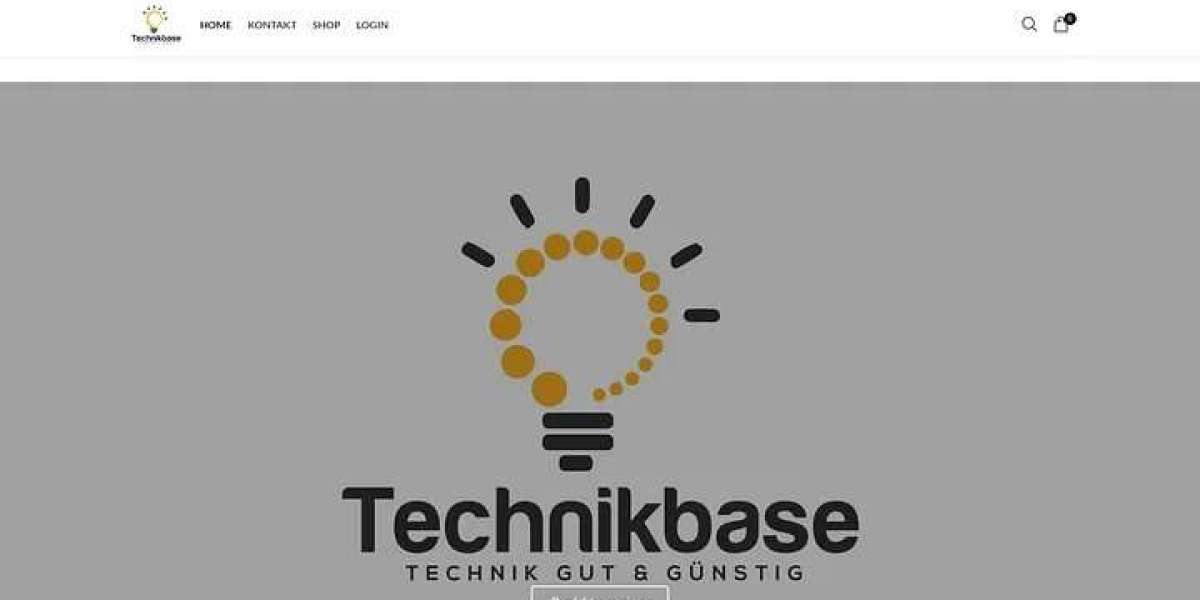User feedback and iterative development are two essential components of creating mental health apps that are effective, user-friendly, and impactful. In this article, we will explore the significance of user feedback and the iterative development process in the context of mental health app design.
The Role of User Feedback
User-Centric Approach: User feedback is at the heart of a user-centric approach to app development. It ensures that the app's features, content, and functionalities align with the real needs and preferences of the target audience.
Quality Assurance: User feedback serves as a quality assurance mechanism. It helps identify and rectify issues, bugs, and usability problems that may not be evident during the development phase.
Continuous Improvement: By listening to user feedback, developers can continuously improve the app, enhancing its effectiveness and user satisfaction over time.
Enhanced Engagement: Engaging users in the feedback process fosters a sense of ownership and involvement. Users who feel heard and valued are more likely to remain engaged with the app.
User Feedback Methods
Surveys and Questionnaires: Periodically collect user opinions through surveys and questionnaires to gauge overall satisfaction and identify areas for improvement.
In-App Feedback: Implement in-app feedback mechanisms that allow users to report issues, suggest improvements, or share their experiences directly within the app.
User Interviews: Conduct one-on-one or group interviews with users to gain deeper insights into their needs, challenges, and expectations.
App Analytics: Analyze user behavior data, such as session duration, feature usage, and drop-off points, to understand how users interact with the app.
User Ratings and Reviews: Pay attention to app store ratings and reviews, as they can provide valuable insights into user satisfaction and areas requiring attention.
Iterative Development Process
Continuous Evaluation: Regularly evaluate user feedback and app analytics to identify areas for improvement and opportunities to enhance the user experience.
Prioritize Changes: Prioritize user-driven changes based on the severity of issues, the impact on user experience, and alignment with the app's goals.
Incremental Updates: Release incremental updates and new features to address user feedback and enhance the app's functionality and content.
Usability Testing: Conduct usability testing with real users to assess the effectiveness of design changes and new features.
Test and Iterate: Test new iterations of the app with a subset of users before deploying changes to the entire user base to minimize potential disruptions.
Benefits of Iterative Development
User-Centric Design: Iterative development keeps the app aligned with user needs and preferences, resulting in a more user-centric design.
Enhanced Effectiveness: Regular improvements based on user feedback lead to an app that is more effective in supporting users' mental well-being.
Sustainable Engagement: Users are more likely to remain engaged with an app that evolves to meet their changing needs and expectations.
Competitive Advantage: Apps that continuously improve and adapt to user feedback maintain a competitive edge in the market.
Conclusion
User feedback and iterative development are indispensable components of successful mental health app development. By actively engaging users, listening to their needs, and iteratively improving the app based on their feedback, developers can create apps that not only address the unique challenges of mental health but also foster user engagement and empowerment. This user-centric approach not only ensures the app's relevance but also reflects a commitment to enhancing the mental well-being of individuals and communities. Ultimately, the keys to a successful mental health app lie in a continuous cycle of listening, learning, and evolving.
































